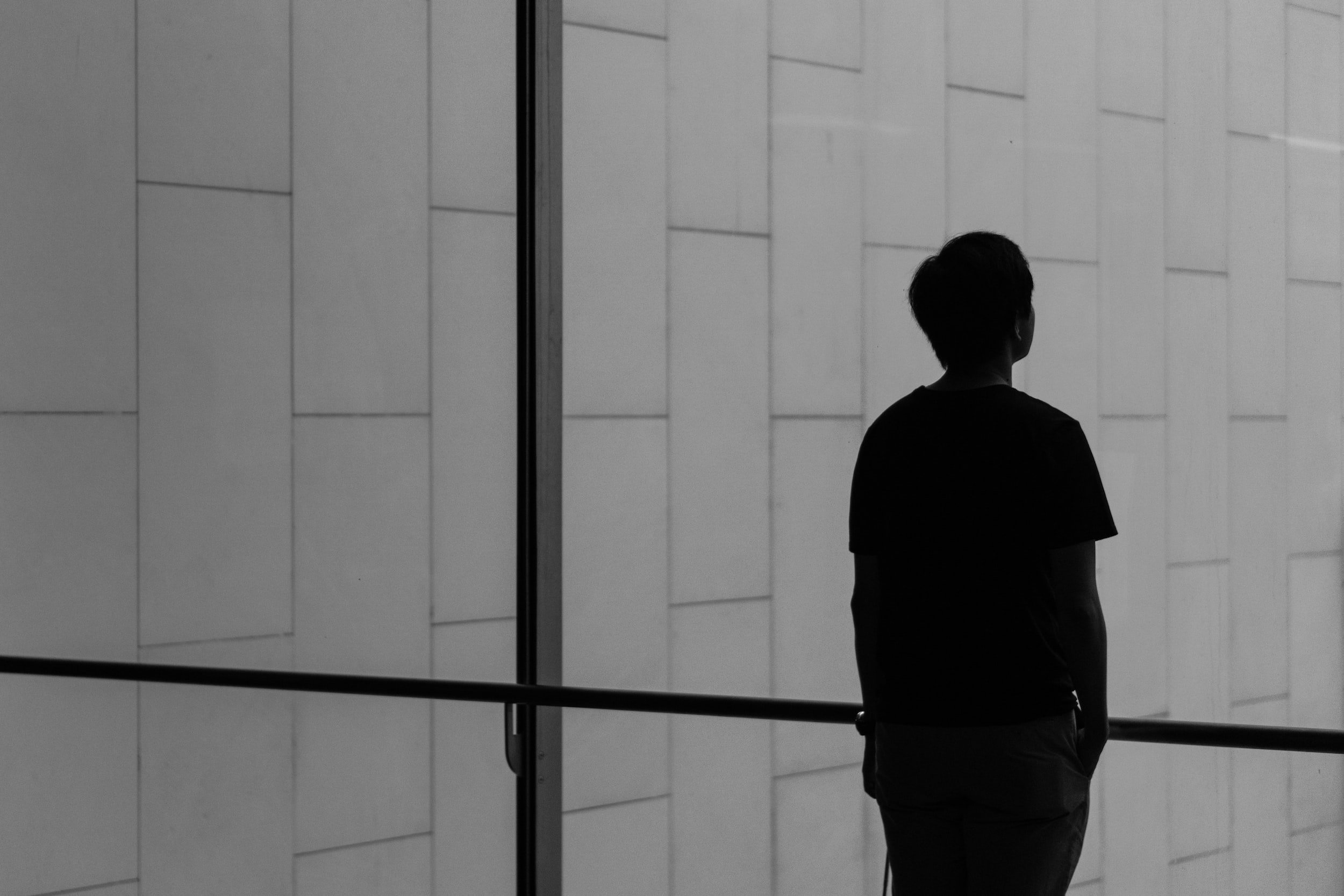
PATIENCE
The Hebrew word for patience is savlanut (סבלנות). The root, s-v-l (ס-ב-ל), literally means “to bear” or “to suffer.” Rabbi Moshe Chaim Luzatto defines patience as “the ability to tolerate the pain of someone or something going against my will.”
And so there is suffering in patience. If I am to be patient in standstill traffic, patient with a doctor who is not taking enough time with me, patient with a family member who dismisses me, I can acknowledge, “I am suffering,” and yet I refrain from lashing out and fighting against it impetuously.
But patience does not mean passivity.
The prophet Micah, living in a time of tremendous corruption, hypocrisy, and oppression of his kinsmen writes, “But as for me, I watch in hope for the LORD, I wait for God my Savior; my God will hear me. Do not gloat over me, my enemy! Though I have fallen, I will rise. Though I sit in darkness, the LORD will be my light.” Micah does not detach himself from the situation like a stoic. Rather, he looks to the Lord, ready to follow God, whom he knows will come.
We fight against injustice, we act in compassion, and we advocate for ourselves and others. But we need to learn to do so according to God’s timing. Our goal must be to tolerate pain with dignity, and even love, while looking to God and readying ourselves to act in accordance with his will.
And perhaps the very moment that calls for patience– the sitting in traffic, the frustration with a loved one, the dismissive doctor– is not just a means to an end. We do not seek to acquire patience so that we can more smoothly travel from point A to point B. Rather, this moment of tolerating pain or discomfort is “a destination” in itself, and it may hold gifts for us. In his correspondence with a fellow poet who was ridden with existential angst, Rilke encouraged him to learn to “live the questions,” rather than rushing the answer. So we too can seek to become sharper, more alive, in this moment of frustration. Let us not rush through it. For “though we sit in darkness, the Lord will be [our] light.”
“Do not be contemptuous of any person, and don’t remove yourself from anything, for every person has his moment and every thing has its place. (Pirkei Avos 4:2)”

